Jess Farran: "The Most Important Thing Is Making Images Only I Can Make"
2 14 Share TweetJess Farran is a young photographer and close friend of our @lomographynyc team. She is one of those women, you meet and immediately adore for her strong and open personality. And her photographs reflect exactly that. Jess is honest and not afraid to speak her mind, with words or images. In 2018 she decided to self-publish her first zine with a collection of photographs from her archive of previous years. A few weeks ago she launched issue number three and while the tone of the zine might have changed, due to growth and changes in her life, her work–then and now–stands out for the same qualities as Jess as a person: honesty and personality.
We talked to Jess about her work and experience as a female–correction–fearless photographer.

Hi Jess! You're an old friend of Lomography NYC and we're thrilled to finally introduce you to our worldwide community! Please introduce yourself to our readers your own words real quick.
Hi! My name is Jess and I’m backwoods lake girl from Northern Michigan who somehow ended up living in New York City. I’ve been taking photos since I was a kid, so art and photography are really the only constants in my life. I graduated from SCAD with a BFA in photography in 2017, and now I’m currently traveling Europe with my boyfriend and wondering what I’m gonna eat for dinner.
You just launched your 3rd self-published zine. Congratulations! Can you tell us a little bit about the first time you decided to make a zine, what sparked the idea and how did you go about it?
The first zine I made was called MEATEATER in February 2018. I was really inspired by Stephen Shore’s gallery of found images called All the Meat You Can Eat, so I wanted to create a series of work that was the antonym of his idea. I went back into my archives and found photos I had taken that were related aesthetically but not conceptually. They were from a time when I was really depressed and just kind of shooting aimlessly, so the whole series took a really dark and chaotic tone. I described the whole thing as “a consumption of self” and it’s still the best way of describing it.
How would you describe your work? What's important for you in your photography?
I honestly don’t know how to describe my work because I have a really hard time seeing myself, but I think it kind of fringes between reality and fantasy. It’s sometimes really dark and other times playful, but that’s just who I am as a person too.
I don’t want to look like anyone else and I don’t want anyone else to look like me. I’m really protective over my work, and it’s just because I put so much energy into every photo. It’s really overwhelming at times, I feel like I can’t stop obsessing over certain elements and I just have to walk away from working all together. Sometime’s I won’t take photos for a month or two and it’s honestly just become a part of my process. I have to let my mind rest otherwise I’ll go crazy. But then if I go too long I’ll still go crazy. Lol, it’s a very delicate process!
What's issue 3 about? Has your work changed from previous zines?
This new issue is called HABIBI, and it’s about moving in with my boyfriend Gus and the love and acceptance we have for each other. It’s actually a really simple concept, but the ability to even achieve something that subtle is honestly a privilege I know a lot of people don’t have. Sadly I’ve learned from the majority of my family, close and extended, that love is almost always conditional. Gus is never like that, we love each other fully and honestly so it’s a really beautiful and humbling experience living with him. My art is almost always influenced by my family, even though it’s probably almost never apparent. In 2016 I went through a lot of heartbreak in a very short time, so there’s absolutely no way I can be the same artist I was before that. It was a really, really dark time for my family and I, but if I learned anything from it I learned to get up and invest time and love into myself— you can’t count on anyway to do that for you.
How do you feel about being a female photographer in the industry? Have you come across any obstacles because of your gender in this rather male-dominated photography world?
Being a female photographer is a lot easier now than a few years ago, but I can tell male colleagues have become much more cautious of how they act around female artists. I’m personally at the point where I have no problem calling people out on their bullshit, so I know a lot of men won’t cross me. I also try to always have a full female set, and I’ve created some of my best work as a consequence.
Most of the time brands want me as a token female photographer but they don’t want to pay me what I’m worth. In those instances, I usually just send a backhanded email and move on.
Do you have any advice for young female photographers?
Don’t look for inspiration in anyone but yourself. It’s good to take hints from other artists, but if you try too hard to be someone different you’ll just end up losing who you are. Also: get paid!
Make sure to check out more of Jess' work on her website
written by birgitbuchart on 2019-03-31 #people



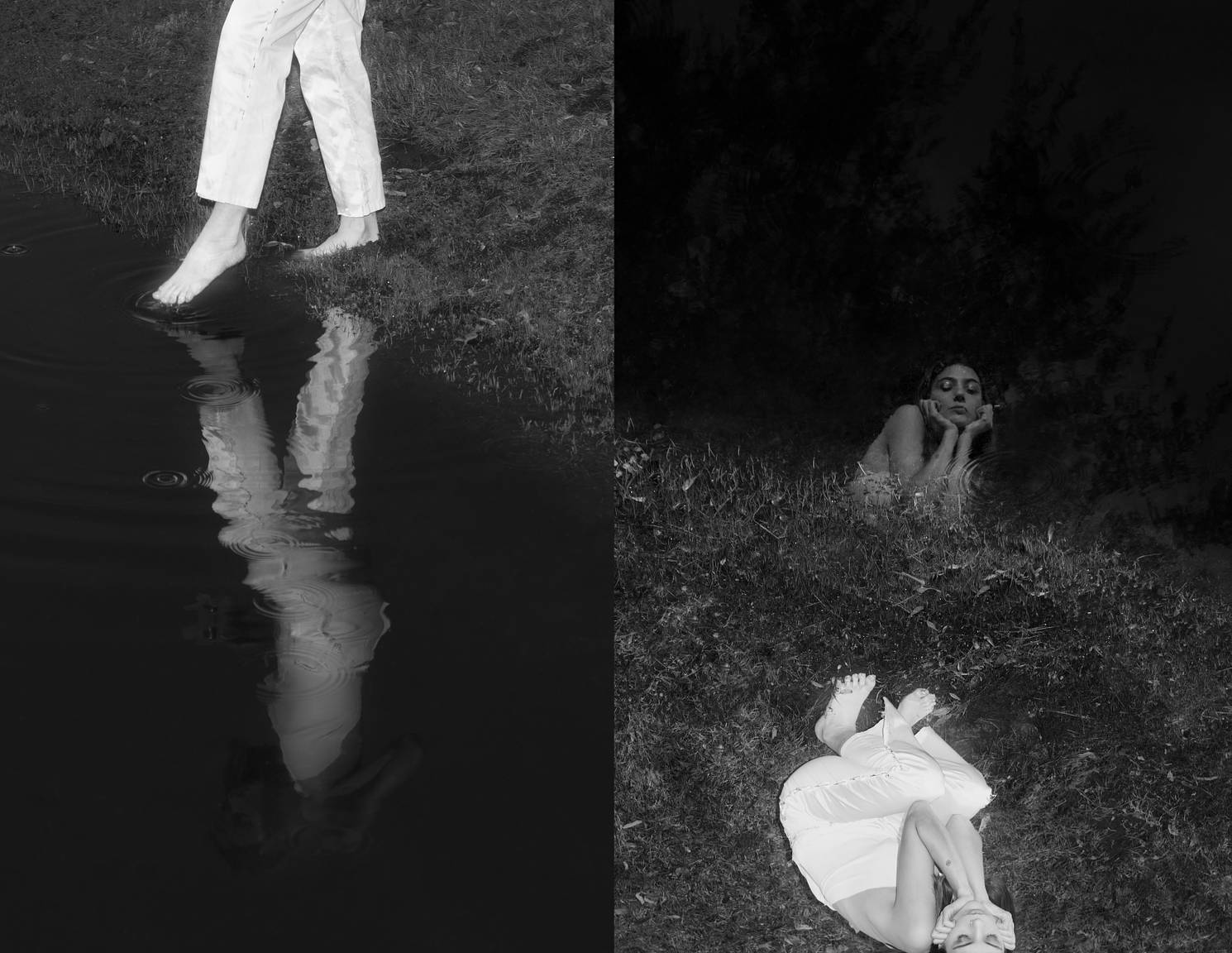


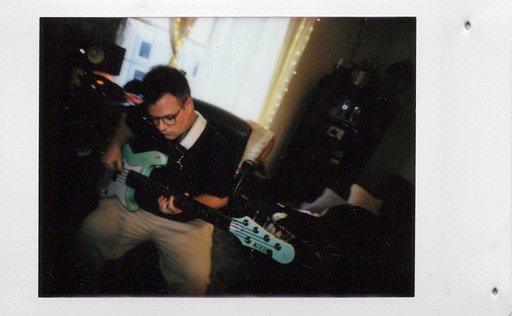

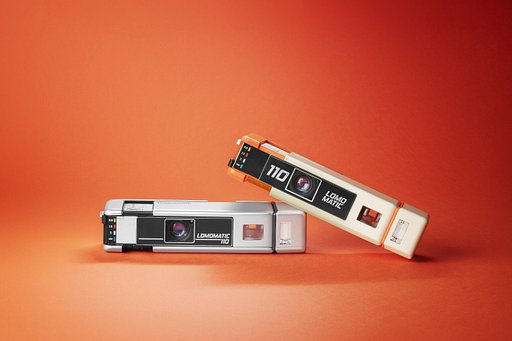
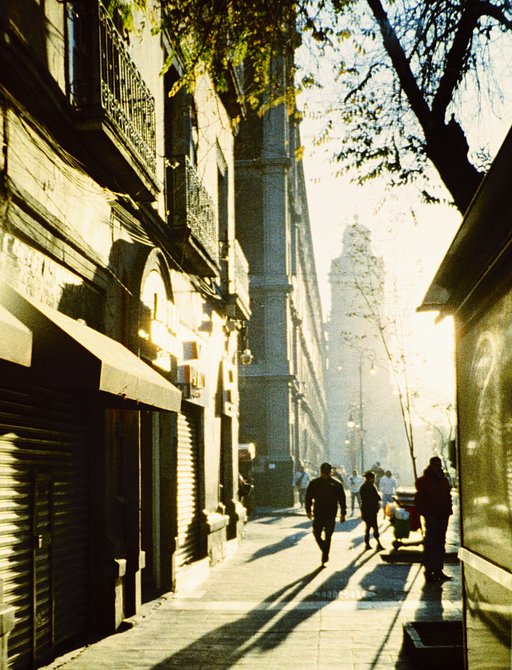






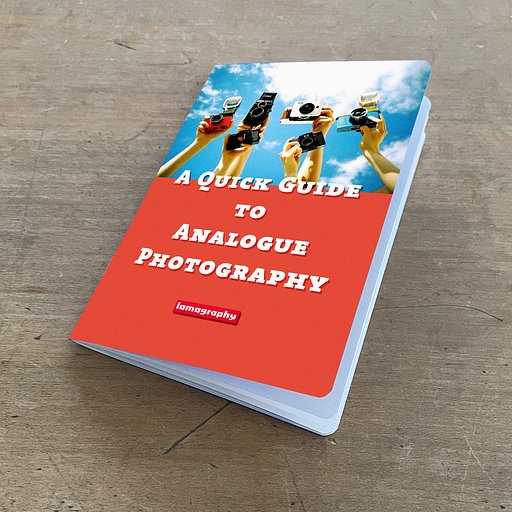



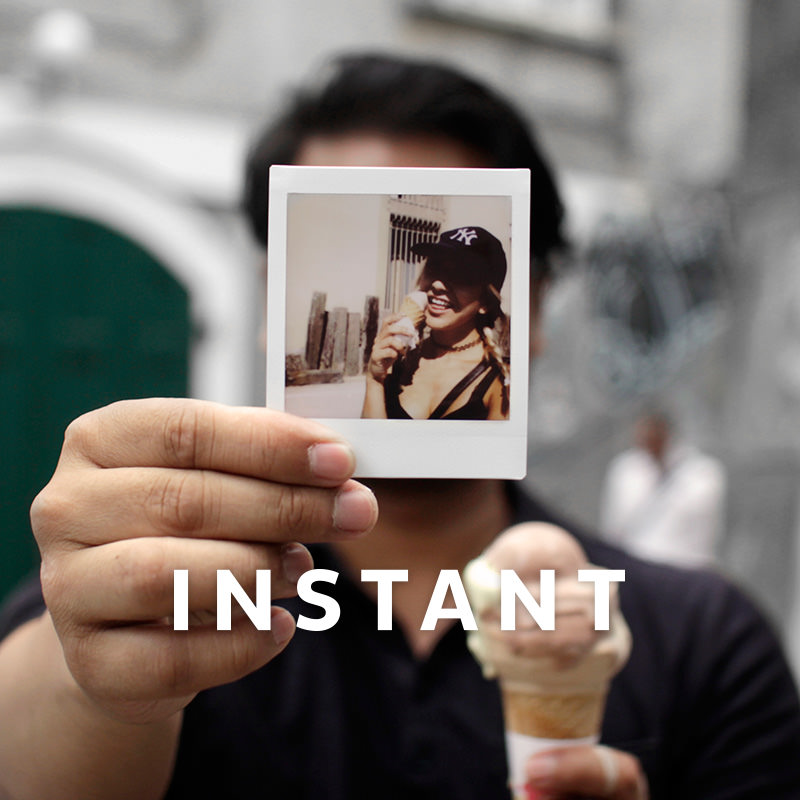
2 Comments